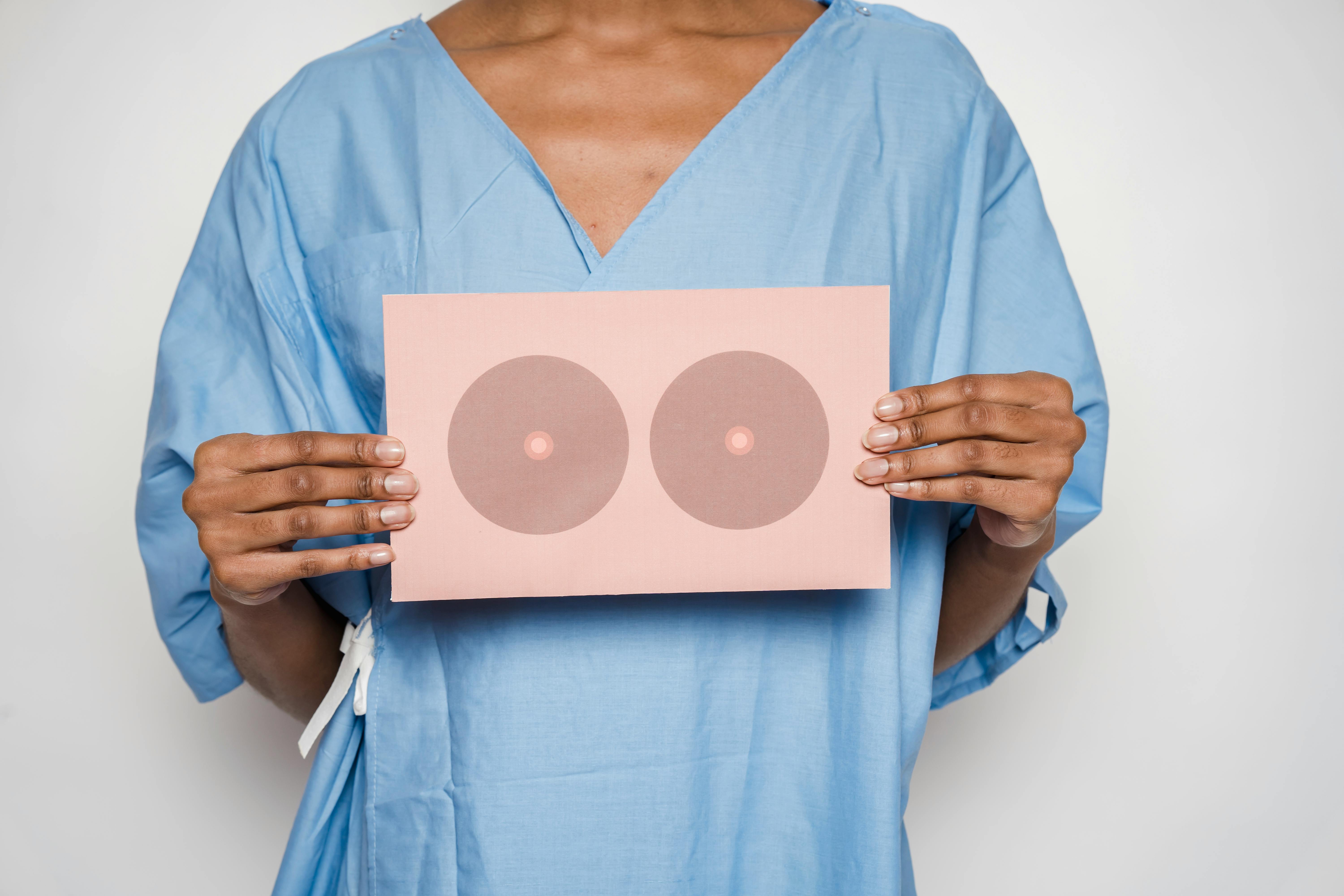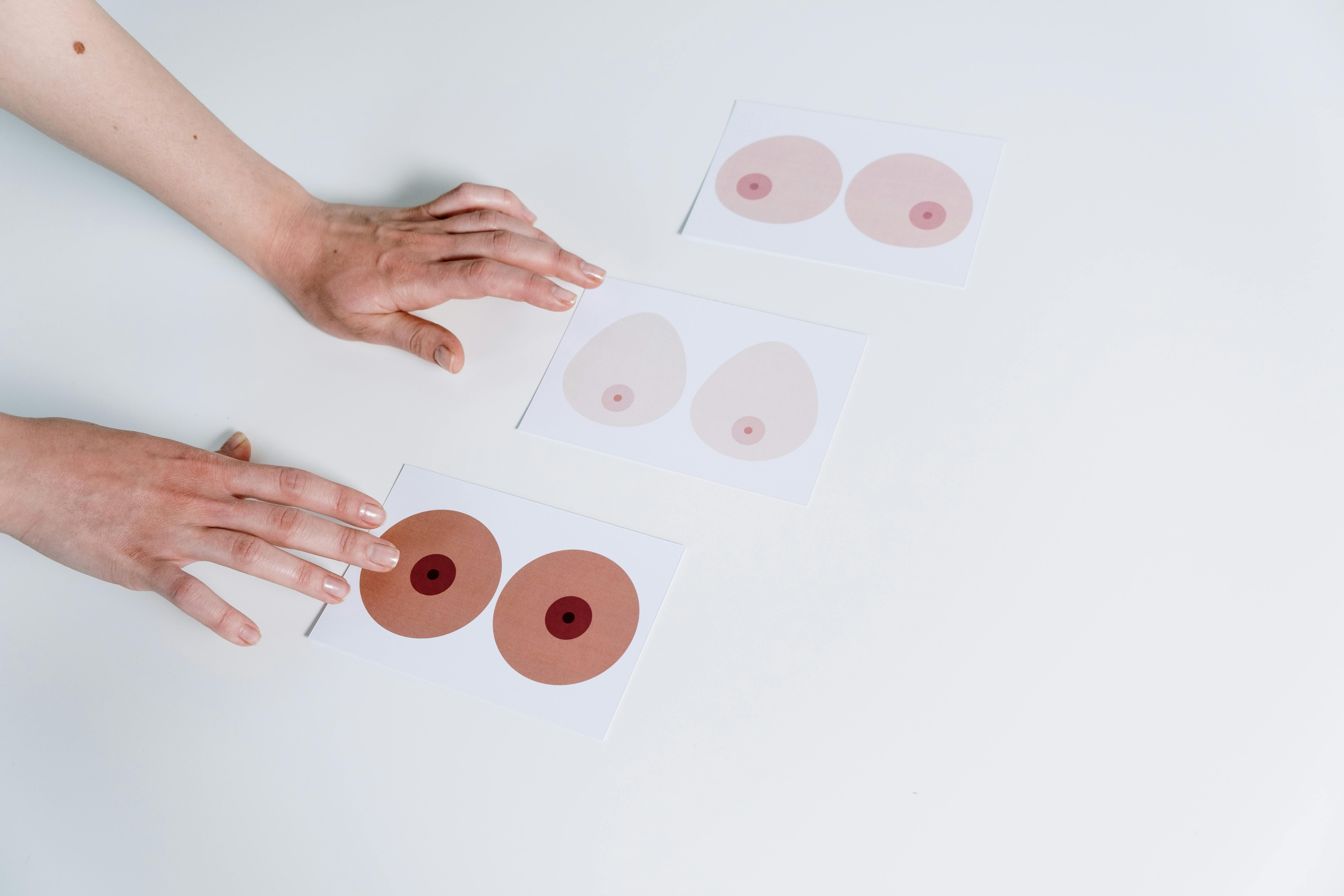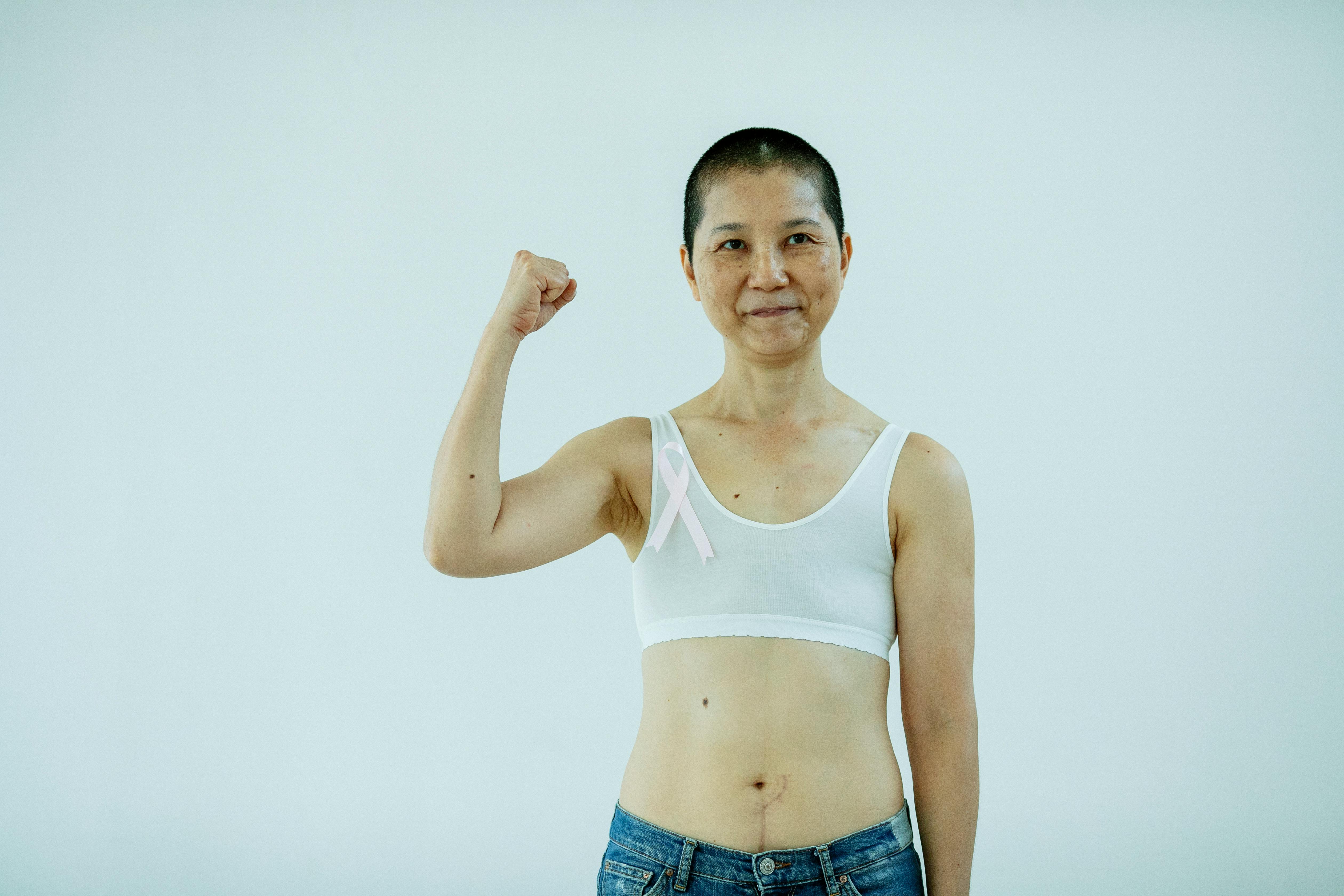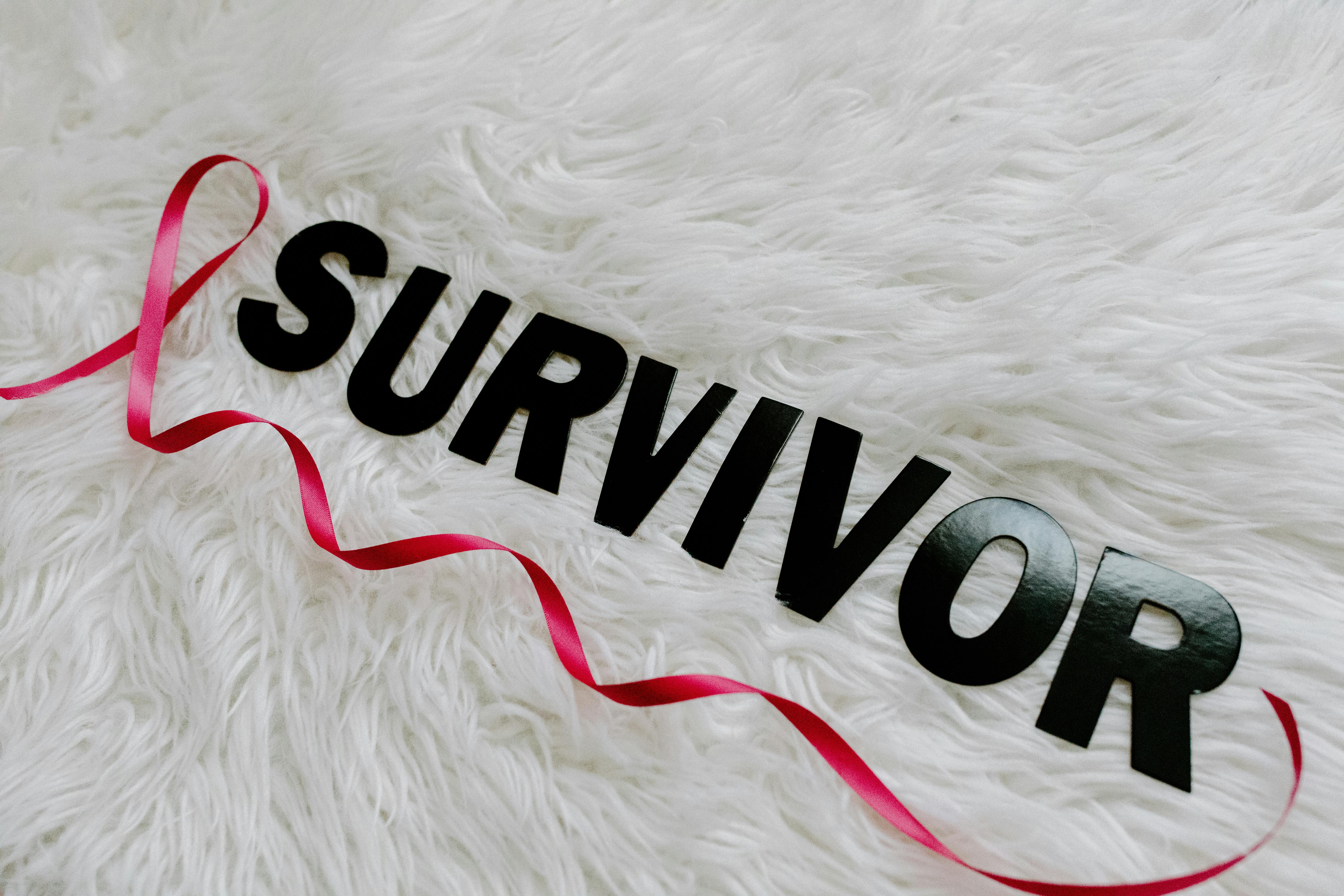What Happens Next After A Breast Cancer Diagnosis? Here's A Guide
Being diagnosed with breast cancer can be overwhelming but knowing what's next can bring some reassurance.
Being diagnosed with breast cancer can make you feel like your world has turned upside down
The news often brings a flood of emotions — fear, uncertainty, and confusion. It is completely natural to feel overwhelmed.
But as you take a deep breath and move forward, remember that this journey is one you won't face alone. Your medical team will be with you every step of the way, guiding you through what comes next.
1. Understanding your diagnosis
The first step after your breast cancer diagnosis is undergoing a few additional tests to help yourself and your doctors understand your overall health and the details of your cancer.
These tests are crucial for determining how the cancer cells behave and whether the cancer has spread. Once the tests are complete, your doctor will explain the results, including details about your cancer's type, which will guide the treatment plan designed specifically for you.
Throughout this process, your medical team will do their best to ensure you feel informed and supported.
2. Figuring out a treatment plan
Your care will be managed by a multidisciplinary team (MDT) — a group of specialists who will meet to discuss the best treatment options for your situation. Your doctor will explain these options and the potential side effects, helping you make informed decisions.
The goal? To eliminate the cancer and reduce the risk of it coming back in the future.
For many, surgery is the first step in the treatment plan. Depending on your diagnosis, your surgeon will discuss either breast-conserving surgery (lumpectomy) or a mastectomy (removal of the entire breast). Sometimes, the removal of lymph nodes is necessary to prevent cancer from spreading further.
You can also consider undergoing breast reconstruction surgery during the same operation, or later if you prefer.
In certain cases, doctors may recommend neo-adjuvant therapy — chemotherapy or hormone therapy — to shrink the cancer before surgery. This approach can make breast-conserving surgery an option, even for larger tumours.
Once surgery is complete, your journey doesn't stop there.
Additional treatments may be recommended to reduce the risk of recurrence. This could include radiotherapy to target any remaining cancer cells and reduce the chance of recurrence.
There's also hormonal therapy, which is used to lower estrogen levels in cases where the cancer is estrogen-receptor positive.
Other treatment options include chemotherapy, targeted therapies, or bisphosphonates (designed to reduce the risk of cancer spreading and protect your bones from the effects of breast cancer treatments).
3. Managing your side effects and wellbeing
Breast cancer treatment can come with side effects, such as lymphoedema (swelling in the arm or hand after surgery or radiotherapy). It's important to keep an eye on any changes in your breasts after treatment and alert your doctor if you notice anything unusual.
Cancer treatment can also affect your sex life and fertility. Many women struggle with body image after surgery, which can affect intimacy. It's important to have open conversations with your partner, and if you are finding it difficult, speak to your doctor.
If you are pre-menopausal, some treatments might affect your fertility. Discussing fertility preservation options, like freezing eggs, before treatment starts can give you more choices in the future.
Some treatments can cause early menopause, which comes with side effects like hot flushes and an increased risk of osteoporosis (bone thinning). Your doctor will provide guidance on managing these issues.
As you move forward from treatment, your recovery isn't just physical — it's emotional too. Many people find that this experience motivates them to make positive lifestyle changes. Eating well, staying active, and focusing on your overall wellbeing can help boost your recovery and improve your long-term health.
Your treated breasts will look and feel different, so knowing what to expect can help ease concerns. It's natural to feel anxious between appointments, but talking to your doctor or joining a support group can help you cope.
Being diagnosed with breast cancer is undoubtedly a challenge, but understanding the steps ahead can provide a sense of clarity and control
Surround yourself with support from loved ones, take care of your body and mind, and know that you are not alone on this journey. With the guidance of your medical team, you'll face each step with strength and determination.
The information provided is for educational and communication purposes only and it should not be construed as personal medical advice. Information published in this article is not intended to replace, supplant or augment a consultation with a healthcare professional regarding the reader's own medical care.
This story is a personal opinion of the writer and does not necessarily reflect the position of SAYS.
You too can submit a story as a SAYS reader by emailing us at [email protected].
Dr Hilawati Yusof is a consultant clinical oncologist at Pantai Hospital Kuala Lumpur.
Visit The Pink Ribbon to learn more about breast cancer, raise awareness, and provide support to those who need it most!





